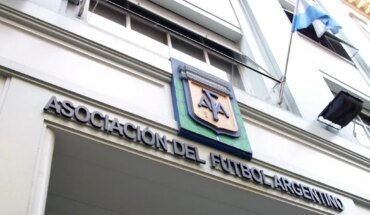Those who control information control not only our freedoms (e.g. policies, the construction of informed opinion and participation in democratic life) but also our fundamental right of access to scientific information and our right to free and critical construction of knowledge.
Now, at the present time, Springer, Elsevier, Ebsco, Jstor, etc., have become “global dominators” who organize and close free access to global scientific information, transforming it into information that is only useful to those who have the financial resources to publish in magazines that can grant them the precious points of the “impact factor” and that is only accessible to those who can buy access to the protected content of these data.
Hector Bianciotti, of the French Academy, in article published by Le Monde, under the title “Ecriture, réécriture”question and, with a lot of opportunity, at what point did the writer feel the scruple of originality”, because (continued Bianciotti): “Platon et, plus tard, Aristote ontrun empté des phrases, des métaphores, Hésiode, Pindare, Euripide”.
To go on to quote Montaigne “Je feuillette les livres, je ne les étudie pas : ce qui m’en demeure, c’chose est que je ne reconnais plus étre d’autrui ; c’est cela seulement de quoi mon jugement a fait son profit, les discours et les imaginations de quoi il s’est imbu. L’auteur, le lieu, les mots et autres circonstances, je les oublie incontinent…”, while referring to Jorge Luis Borges who “regarded originality as an impoverishing myth”.
So it is necessary, when we exercise an evolutionary historical analysis on the notion of “plagio” establish, as Aragione does, when studying classical periods and the Christian Medieval periods, an important difference in meaning and perception (of “function” I would say) of the “tradition” and of the “plagio” that is subject to two ideological objectives. On the one hand when assumed as “tradition” (in the good manner of Greek classics and medieval scholastics) it is an instrument of “identity” with a certain school and of strengthening the character of “authority” of the work; but, in its opposite, when identified as “plagiarism” is the lethal attack weapon to the opposition school: “idéologique des notions de « tradition » et de « plagiat » dans l’Antiquité classique et chrétienne et de montrer que, par le recours au concept de « tradition », un mouvement de pensée, philosophique ou religieux, fonde son histoire et son autorité, alors que par le recours aux accusations de plagiat , il vise anéantir la tradition de l’école adverse..
In other words, the accusation of plagiarism has, in most cases, a component of ideological struggle, a process in which the accusation of plagiarism is used as an ideological weapon against an adversary, whom it discredits and will therefore remove reliability.
Thus, we note that the “modern” imperative of “originality” (as if scientific work were not, obligatory, collaborative and, at the same time built in traditions, in heuristic schools, based on the recognition of the invisible research college) is relatively recent.
And, it is inserted into two variables: the economic variable (copyright is the income of knowledge and one of the most important in the accumulation, as Adam Smith would say, of the “wealth of nations”), and the ideological component of fighting for control of the spaces of knowledge (in turn spaces in which races are built and reputational are woven) , between factions that eliminate each other in increasingly competitive and “lethal” markets in terms of reputation (and thus “intellectual authority” and monetary income).
We can then speak, today, of an era in which the tyranny of “originality” prevails, that “impoverishing myth” as Borges said. Impoverishing tyranny that has as justification the economic order of companies whose main production is knowledge, in which ownership of the income of knowledge does not belong, the general rule neither the researcher nor the creator, yes to the investor capitalist who registers and detains the rights
translated from Spanish: an impoverishing myth” – Teresa Da Cunha Lopes’ Opinion
August 4, 2020 |





